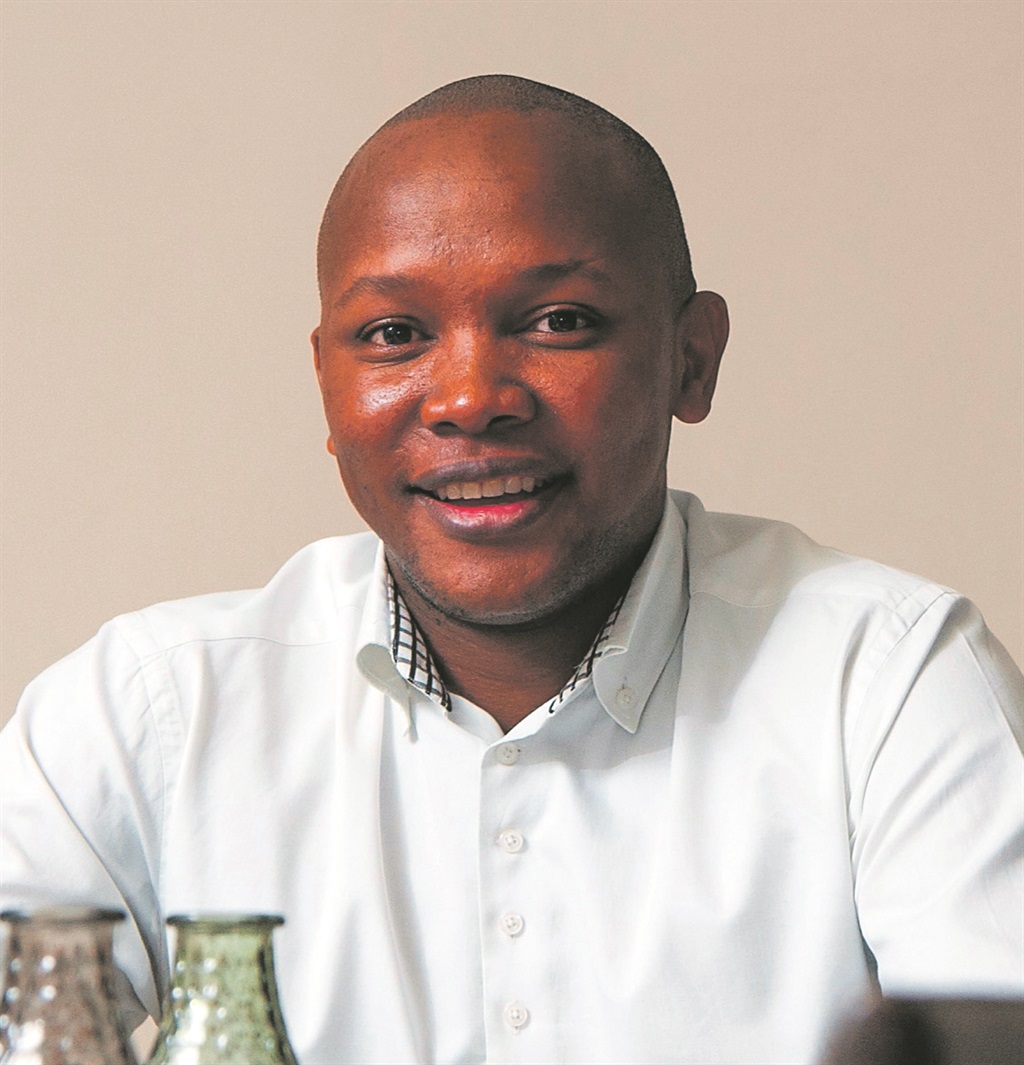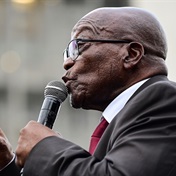
One reason my family considers me a pitiable man is that, for so long, I have subjected myself to the shockingly inferior service of a cellular operator.
Why would someone endure such prolonged pain when there is an option to switch to the superlative service offered by Vodacom, they wondered.
Although I have never subscribed to Vodacom, I have always admired the company for the superior quality of its service.
A few years back, Vodacom’s reputation grew significantly in my estimations when I learnt, while adjudicating a small business competition for the Randburg Chamber of Commerce and Industry, that one of the major beneficiaries from the past reimaging programme – set up by the network operator’s national store – was a small, black-owned signage company.
That contract meant a great deal to the company, and its owner sang Vodacom’s praises. I, too, saluted the cellular giant for this.
But the episode involving Vodacom and its former employee, Nkosana Makate – which recently ended happily for the latter at the Constitutional Court – has left me saddened.
The story will be familiar to many: the court found in favour of Makate after an eight-year David-versus-Goliath legal battle, in which the former employee sued Vodacom for compensation for the successful Please Call Me innovation he had developed during his tenure there.
It went on to earn the tech giant billions of rands over the past 15 years.
I am disappointed with Vodacom’s handling of this dispute on three counts. Firstly, instead of focusing on doing what it knew to be right, fair and ethical, the company clung to a technical argument to escape honouring its obligation to the young innovator.
It claimed that its previous product development manager, who entered into a 15% compensation agreement with Makate should the latter’s innovation prove viable, was not authorised to enter into such an agreement.
What a farce! All along Vodacom knew full well the honourable thing to do, but stubbornly refused, opting instead to try every trick in the legal book to sidestep its moral responsibility towards someone who had gifted it with such a profitable asset. Could Vodacom not compensate Makate, even just a little?
Secondly, and highly annoying to me, is the fact that all this legal might was unleashed against a young person. I have often argued that young people generally get a raw deal in this country. Vodacom’s behaviour epitomises this.
Here was a young person who deserved to be celebrated by the company and held up as a role model for aspirant youth. Instead, he was vilified and treated with disdain.
Thirdly, Vodacom’s then CEO, Alan Knott-Craig, had the gall to claim the innovation as his own, concocting a story that he conceived it while watching two security guards trying to call each other without airtime, and going as far as audaciously publishing this claim in his autobiography.
The court had a different take on the matter, finding that Knott-Craig was a “liar” in making this claim. Perhaps Makate should now sue for a share of the royalties from the sale of this man’s book.
My esteem for Vodacom has dropped significantly, but I believe the company has a unique opportunity to turn this episode into a joyous story by championing the promotion of youth innovation and entrepreneurship.
In my field of small business development, there is much talk about fostering youth entrepreneurship, but pitiably little to show for it by way of practical action and results.
Young people find it hard to access business finance and markets; they are just not taken seriously enough. As a country, we need to do our utmost to support and celebrate young innovators such as Makate.
As Makate himself so admirably says: “Let us put this episode behind us.” Yes, let us turn to more constructive action to benefit South Africa’s youth. I call on Vodacom to lead the charge.
Bukula is an independent economic development specialist and reader in business ethics




 Publications
Publications
 Partners
Partners








